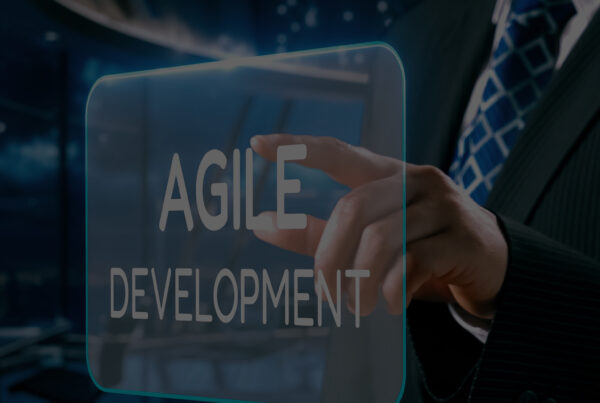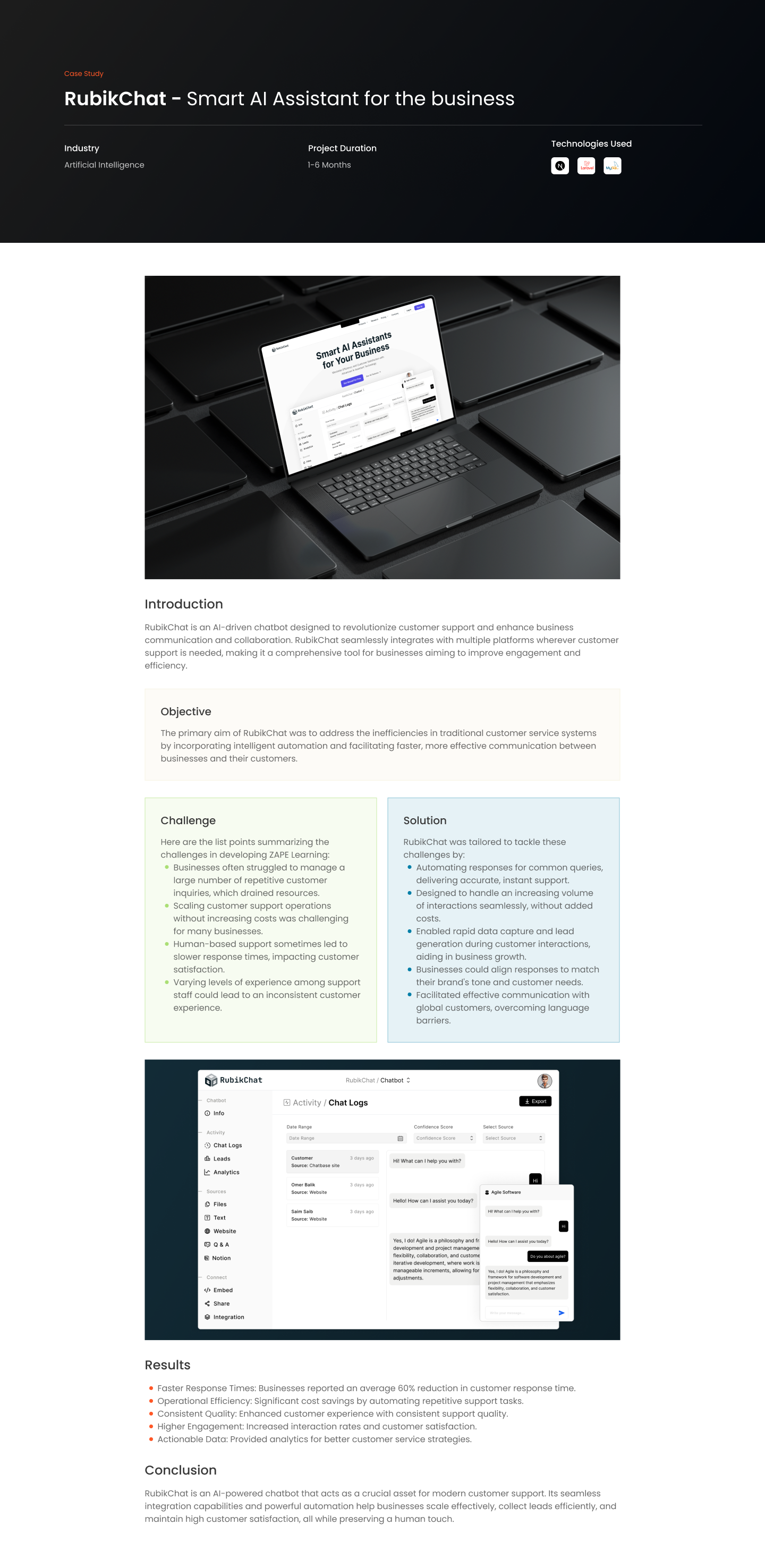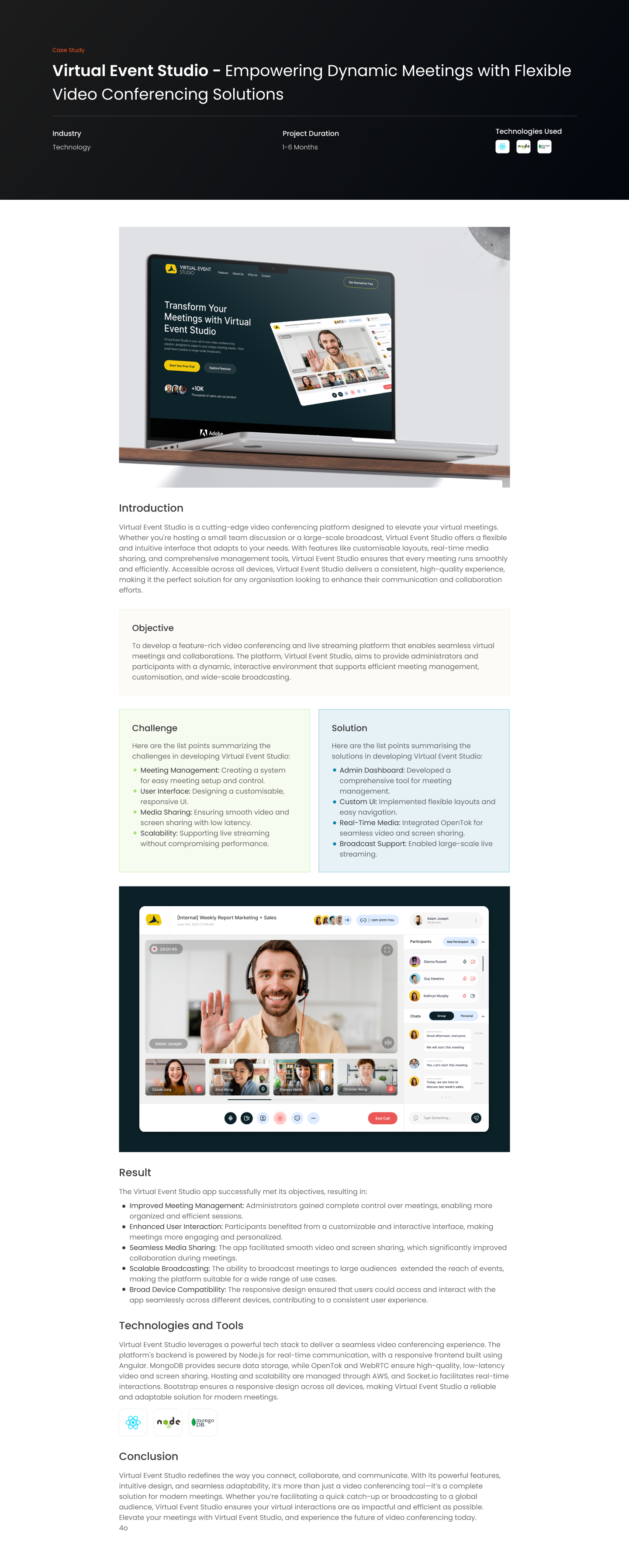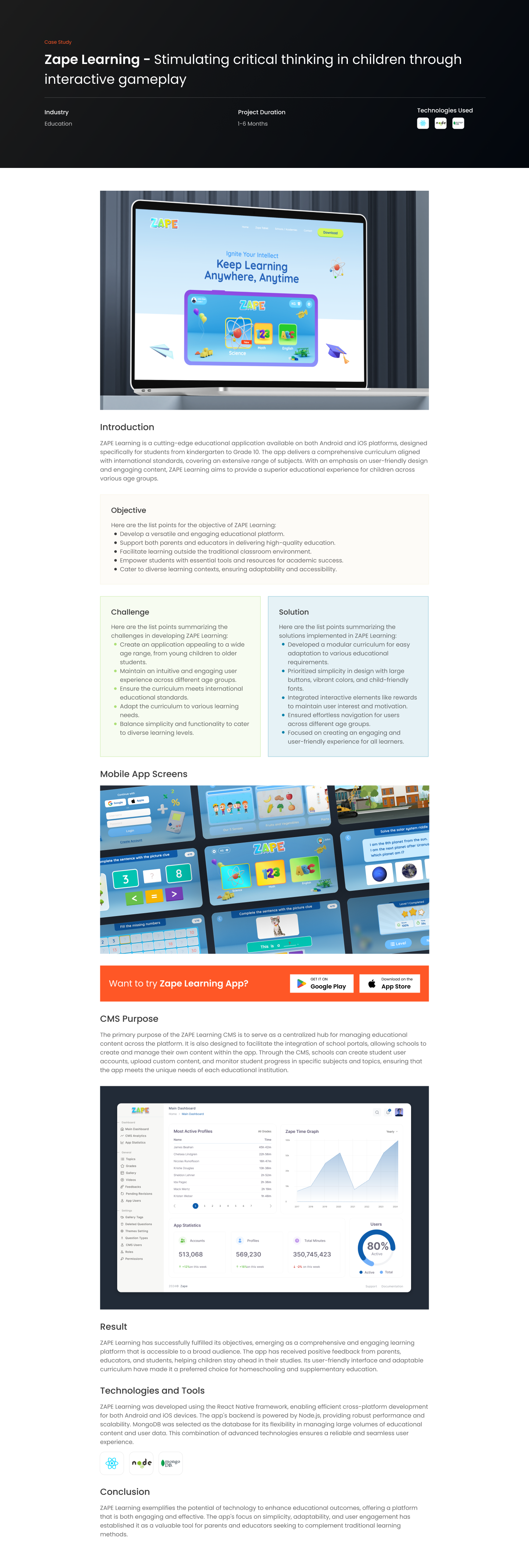Introduction
The world of software development is constantly evolving, and 2024 is no exception. With new challenges and technologies emerging, developers and project managers are increasingly turning to sophisticated methodologies that promise more efficient and flexible approaches to software creation. Here’s an overview of the leading software development methodologies reshaping the industry this year.
Agile: Adaptability at Its Core
Agile continues to be a dominant methodology due to its flexibility and focus on rapid, iterative release cycles. Ideal for projects requiring frequent adaptation to changing requirements, Agile facilitates continuous feedback and improvement, making it perfect for dynamic environments that prioritize customer needs and fast-paced development.
DevOps: Bridging Development and Operations
DevOps is not just a methodology; it’s a culture shift that integrates development and operations teams to enhance collaboration and increase efficiency. By automating processes and improving communication across teams, DevOps helps in achieving faster deployment times and higher quality outputs.
Lean: Maximizing Value, Minimizing Waste
Inspired by lean manufacturing principles, Lean Software Development focuses on value creation and waste elimination. This methodology emphasizes understanding customer value and streamlines processes to deliver high-quality software quickly and efficiently.
Low-Code/No-Code: Democratizing Development
Low-code and no-code platforms are transforming the software development landscape by enabling users without deep programming skills to build applications. These platforms reduce development time and allow for quick prototyping, making them suitable for businesses needing to rapidly deploy digital solutions.
Spiral: Risk Management and Flexibility
The Spiral methodology is designed for complex projects where risks need to be carefully managed. It allows for iterative refinement through multiple development cycles, providing ample opportunity to assess and mitigate risks at every step before moving forward.
Waterfall: Structured and Sequential
For projects with well-defined requirements and scopes, the Waterfall methodology offers a systematic approach with a sequential design process. This method is well-suited for projects where changes are infrequent and predictability is key.
New Entrants: Harnessing Modern Technologies
Emerging methodologies like Kanban, Scrum, Extreme Programming (XP), and Feature-Driven Development (FDD) are gaining traction for their unique approaches to project management and software delivery. These methodologies offer various advantages such as increased flexibility, improved client engagement, and faster turnaround times, catering to diverse project needs and team dynamics.
Conclusion
The choice of methodology depends heavily on project specifics, team dynamics, and organizational goals. In 2024, the integration of advanced technologies and the shift towards more adaptive and customer-focused practices is evident across all methodologies. As the software development landscape continues to evolve, staying informed about these methodologies is crucial for anyone involved in software development.
For developers and project managers, embracing these methodologies can lead to more successful projects and innovations. Whether you are working on a small mobile application or a large-scale enterprise system, understanding and selecting the right development methodology can be a key factor in your project’s success.











